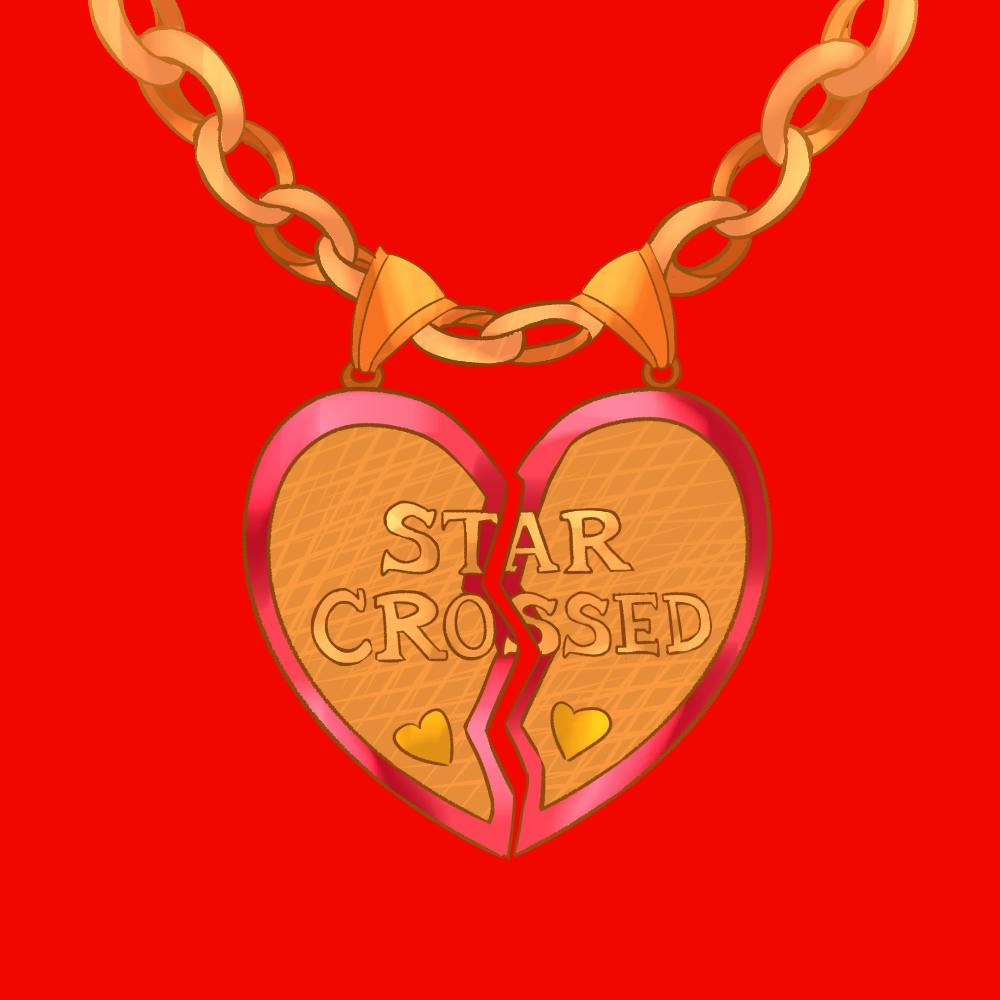Kacey Musgraves released her fifth studio album, “star-crossed,” on Sept. 10, which explored her mixed emotions as her marriage to fellow country musician Ruston Kelly fell apart. This highly-anticipated album can be seen as the flip side to her 2019 Grammy Album of the Year-winning record “Golden Hour,” which chronicled Musgraves’ experience falling in love with her now ex-husband.
According to Musgraves in an Apple Music interview, “star-crossed” is organized as a “modern tragedy in three acts.” However, her tracklist fails to solidify the divisions between the three acts, which muddles her album’s vision. It is clear that the beginning of the album broaches marital rifts, the middle explores the ups and downs of a monumental breakup, and the end ponders what comes next; however, there are no songs that clearly shape the middle act.
All this being said, it is understandably difficult to follow up an album as critically acclaimed and coherent as 2018’s “Golden Hour,” and Musgraves has done a very good job with this Herculean task in all aspects except the three-act concept. In “star-crossed,” she continues her genre-bending sonic exploration that began with the combination of country twang and pop production in “Golden Hour.” Notable sonic features include an angelic chorus cut by a Spanish guitar melody in the title track “star-crossed,” Musgraves’ spoken voice repeating the mantra “there is a light inside of me” over a flute solo in “there is a light,” and muffled sound clarity throughout her chilling cover of “gracias a la vida” by Chilean singer and songwriter Violetta Parra, making Parra’s song sound both antique and timeless.
When I discovered Kacey Musgraves’ music in the summer of 2019, what struck me about “Golden Hour” was Musgraves’ unparalleled ability to create unique yet catchy music. “Golden Hour” has an artistic quality that shines through each track of the album; you can hear the deep thought put into each note and each element of production. This is the most unique element of Musgraves’ music, and she was able to continue this sheer artistry in “star-crossed,” which is why I believe it is a successful album.
It contains more pop-sounding songs, such as “breadwinner” and “cherry blossom,” as well as gut-wrenchers with pared-back production, such as “camera roll” and “angel,” and everything in between. Despite the many genres and sonic elements present in the album, “star-crossed” remains extremely focused, tracking Musgraves’ evolution from a struggling wife to a divorcée navigating a new relationship.
Musgraves’ simple yet meaningful lyrics set her apart from recent releases that also dabble in multiple genres, such as Taylor Swift’s “folklore” and “evermore” and Lorde’s “Solar Power.” Swift and Lorde’s lyrical styles rely on dictionary-provoking vocabulary and complex imagery, whereas Musgraves counts on the accessibility of her lyrics to express her point. She has mastered how to capture niche-yet-common experiences in the simplest of manners, which is best illustrated in the minimally-produced “camera roll,” a song about obsessing over old photos once a relationship has ended.
The beginning of the chorus aptly states, “Chronological order, and nothing but torture, scroll too far back, that's what you get.” Nothing in these lyrics approaches the lyrical complexity in those of Swift and Lorde, but their simplicity is what allows the song to cut right to the bone.
“star-crossed” is not “Golden Hour,” but it’s also not meant to be. It is its part two, its sister album, the night to its day. In “star-crossed,” Musgraves successfully explores what happens when, as she put it in “what doesn’t kill me,” “golden hour [fades] black.”








